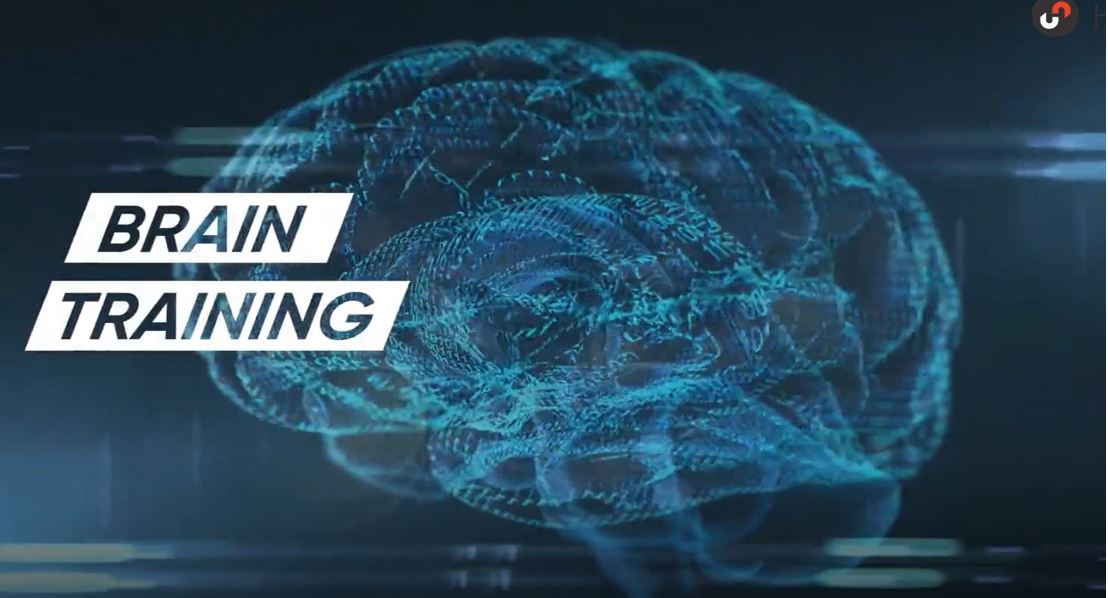
Data Analytics & Mental Performance
 The Importance of Mental Performance Monitoring
The Importance of Mental Performance Monitoring
With a society as technology based as it is today, it is no wonder that data collection and analytics have pushed their way into the sports world. Nowadays, it is hard to find an aspect of sport that is not tracked. The use of data in sport has predominately focused on the physical aspect of the athlete. It started with tracking individual probabilities and consistency of when/how events might happen in a game. More specifically, by collecting data, teams can track probabilities of where they perform best (e.g., where on the basketball court the team scores most often), as well as where their opponents do (i.e., to defend better against them).
Recently, sport technology organizations such as Catapult and WHOOP have focused their attention on athlete biometric data with their technology. Catapult uses a wearable device paired with video analysis in its work with high-level athletes. Their focus is on injury recovery and returning to play. The device is there to monitor when to keep pushing the athlete physically or when to back off. It is also used to track the rehabilitation process through performance benchmarking. WHOOP has created technology that is built into a watch or clothing to track an athlete’s recovery, sleep, and training activity. These numbers help with gauging the amount of activity that can be done to maximize performance. Whoop recently signed deals with NASCAR and the PGA golf tour where the heart rates and heart rate variability of athletes are shown during broadcasts.
In the past decade or so, mental training has become an important counterpart to physical training. However, there is limited technology to help athletes in tracking and developing their mental game. Most performance problems that athletes struggle with are not a result of conditioning or lack of physical skills. When in the heat of competition, an athlete may underperform because of their underdeveloped mental skills.
HeadSet collects data and brings the focus to the mental side. HeadSet collects data on 5 key mental skills/qualities: Awareness, Regulation, Self-Confidence, Resilience, and Motivation. These skills/qualities are tested regularly through monthly assessments, weekly check-ins, mental workouts/assignments, quizzes, and the use of other resources like videos and articles in order to get the most accurate data points from those using the application.
The HeadSet system continuously collects athlete (and team) mental data that can be analyzed at a deeper level offering valuable insights. This deeper analysis by HeadSet can identify patterns and relationships that can lead to quicker and smarter solutions/interventions. More specifically, the HeadSet data science team has found that:
- Mental Skills Can Be Developed
HeadSet has found that the more time and engagement someone has on the application the more their mental strength increases each month.
2. Not All Athletes (or teams) Take A Linear Trajectory
When it comes to mental skill development, not all athletes (or teams) are the same. HeadSet research has found that some athletes/teams increase quickly, plateau, and then increase their mental strength again, whereas other groups may start slower, decrease, and then increase suddenly.
- Not All interventions Work the Same
As mentioned above, no two athletes (or teams) are the same or go through the application in the same way. HeadSet has found that age, gender, sport, and competitive level all influence what content and interventions lead to mental skill improvement.
- Pre-competition Feeling and Preparation Impact Future Performance
Research has also found that how an athlete feels before they compete (i.e., days before competition) and how prepared they are on the day of competition (both mentally/physically) influences game/competition performance.
Through its data insights, HeadSet is now able to provide more accurate solutions and refine its mental training application for its atheltes. However, there is still so much more that needs to be tracked and analyzed when it comes to mental skill development and performance.
What’s Next for Mental Skill Monitoring and Development?
In moving forward next year, HeadSet will focus its attention on 3 specific research/development areas.
- Making Solutions Even More Customizable.
- Connecting Mental Skill Data Points To Physical Data Points
- Differentiating Between Mental Performance & Mental Health
To learn more about the HeadSet app and its data services solutions, please email info@headsetsports.com for more information.
